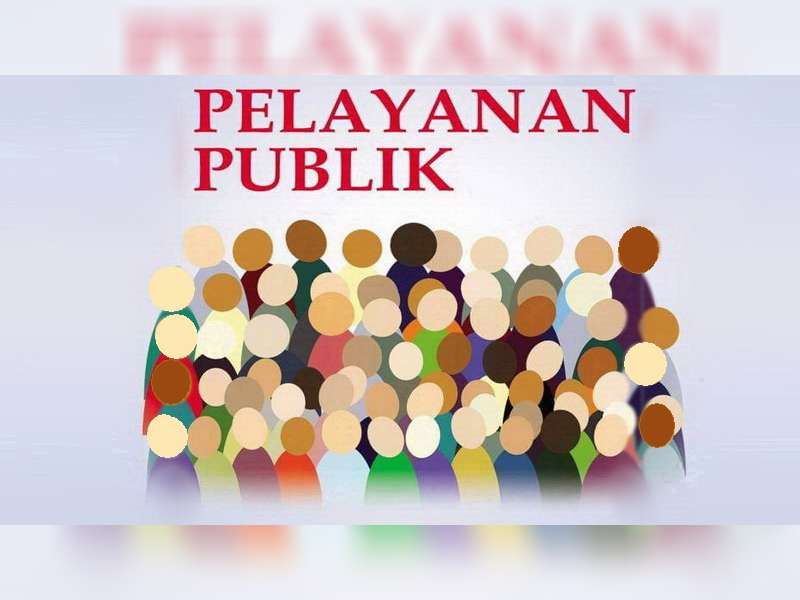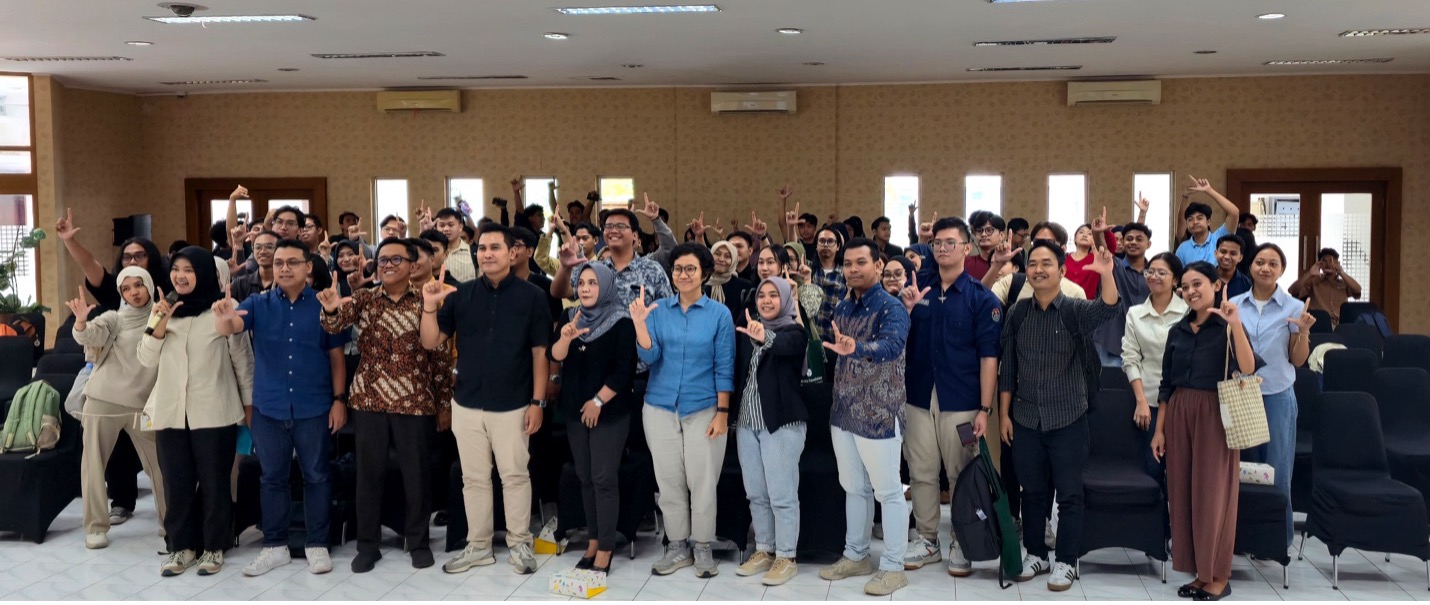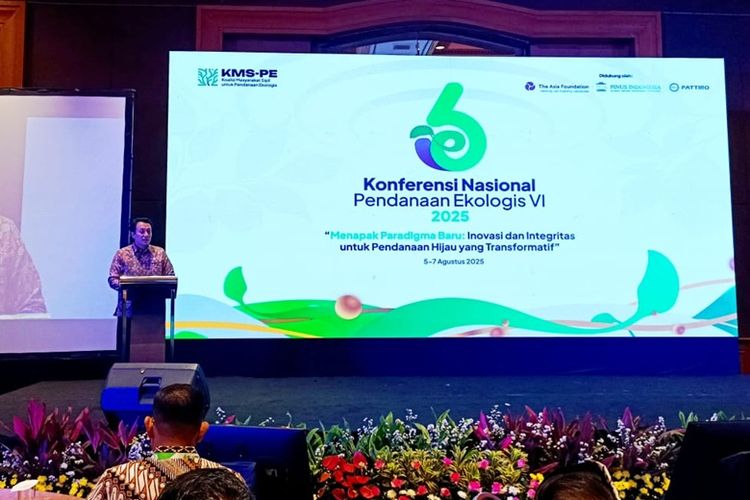 In the fourth week of January 2014, The Ministry for Administrative and Bureaucratic Reform (KemenPAN-RB) disclosed that there are still 449 district/city governments whose public service accountability performance is below the category of good. The Deputy Assistant of the Evaluation System of Bureaucratic Reform, Administrative Accountability and KemenPAN-RB Supervision, Gatot Sugiarto revealed that in this results from evaluations conducted in 2013, only 4 district/city governments featured in the good category.
In the fourth week of January 2014, The Ministry for Administrative and Bureaucratic Reform (KemenPAN-RB) disclosed that there are still 449 district/city governments whose public service accountability performance is below the category of good. The Deputy Assistant of the Evaluation System of Bureaucratic Reform, Administrative Accountability and KemenPAN-RB Supervision, Gatot Sugiarto revealed that in this results from evaluations conducted in 2013, only 4 district/city governments featured in the good category.
Furthermore, Gatot explained that of the 449 district/city governments that received ratings below B, 240 received a rating of D (deficient), 55 received a C (somewhat deficient) and 154 receives a rating of CC (good enough). Whilst, PAN-RB Minister, Azwar Abubakar stated that the quality of public service delivery that is not yet good occurred across all sectors, from education, health to civil registration administration. However, according to Azwar, public service delivery in those sectors met the basic needs of the community.
PATTIRO contends that the improvement of public service delivery, both in quality and quantity, can be supported by the existence of social accountability in the delivery of those services. Social accountability is a “social contract” between the government and community that is a fundamental instrument in the development of the principle of accountability in governmental practice. The involvement of the community in social accountability is both essential and significant. Therefore, the core of this social contract is the existence of community participation in order to ensure the implementation of the principle of accountability in every policy, budget and public service.
Accountability constitutes one principle of public service delivery that is contained in Law No. 25, 2009 on the delivery of public services. One tangible form of social accountability in service delivery is a so-called citizen’s charter. The core of this citizen’s charter is that government and the community will mutually agree on the delivery of public services that will be implemented by the government and received by the community. A strong effort from government and service providers to work with the community is needed in order to ensure the successful progression of the “social contract”. However, does the government, as the provider of public services, want to implement this “social contract”? According to the experience of PATTIRO in accompanying stakeholders, it can be done. In Jeneponto district, South Sulawesi, a citizen’s charter can be achieved between the community and the 18 health centers for agreement over health services delivery. Public service delivery that is socially accountable will begin with a process of discussion between stakeholders, that is, government as the implementer and community as the receiver. This process of stakeholder discussion will develop requirements of and priorities in public service delivery. Form these needs and priorities, a plan for public service delivery that will be implemented can be generated. This plan must be responded to by the community, as to whether in is in accordance with agreed needs and priorities. After everything has been agreed upon and approved, public services can be implemented. As part of the “social contract”, this service plan must be outlined in the citizen’s charter as agreed on by all stakeholders.
Later, at the point of implementation, monitoring and evaluation of the result and impact of public service delivery must be undertaken. The implementation of monitoring and evaluating must involve the community as the receiver of those public services, through a social audit. The social audit is conducted in order to receive feedback on the practice of public service delivery that has been implemented. With the availability of this feedback, all stakeholders will have the basis for evaluating if the public service delivery that has been provided is already in accordance with the citizen charter, or not. This feedback can also become the basis for deliberation on the betterment of public service delivery in the years to come. Going forward, social accountability will go hand-in-hand with public service delivery, and thus result in the improvement of both the quality and quantity of public services. (***)
Jakarta, 29 January 2014
Sad Dian Utomo | Executive Director, PATTIRO
saddian@pattiro.org | 0812 800 3045
Contact Person:
Rohidin Sudarno | Public Service Specialist
roi@pattiro.org | 081310539884
The Center for Regional Information and Studies (PATTIRO) is a not-for-profit organisation that encourages the realisation of local governance that is good, transparent and fair for the community’s social welfare. PATTIRO, established in Jakarta on 17 April 1999, is active in the fields of research and advocacy, with a focus on issues of local governance, particularly decentralisation. PATTIRO’s focus areas consist of public service delivery improvement; public policy reform; and public finance management reform.
(For more information, please visit www.pattiro.org)





